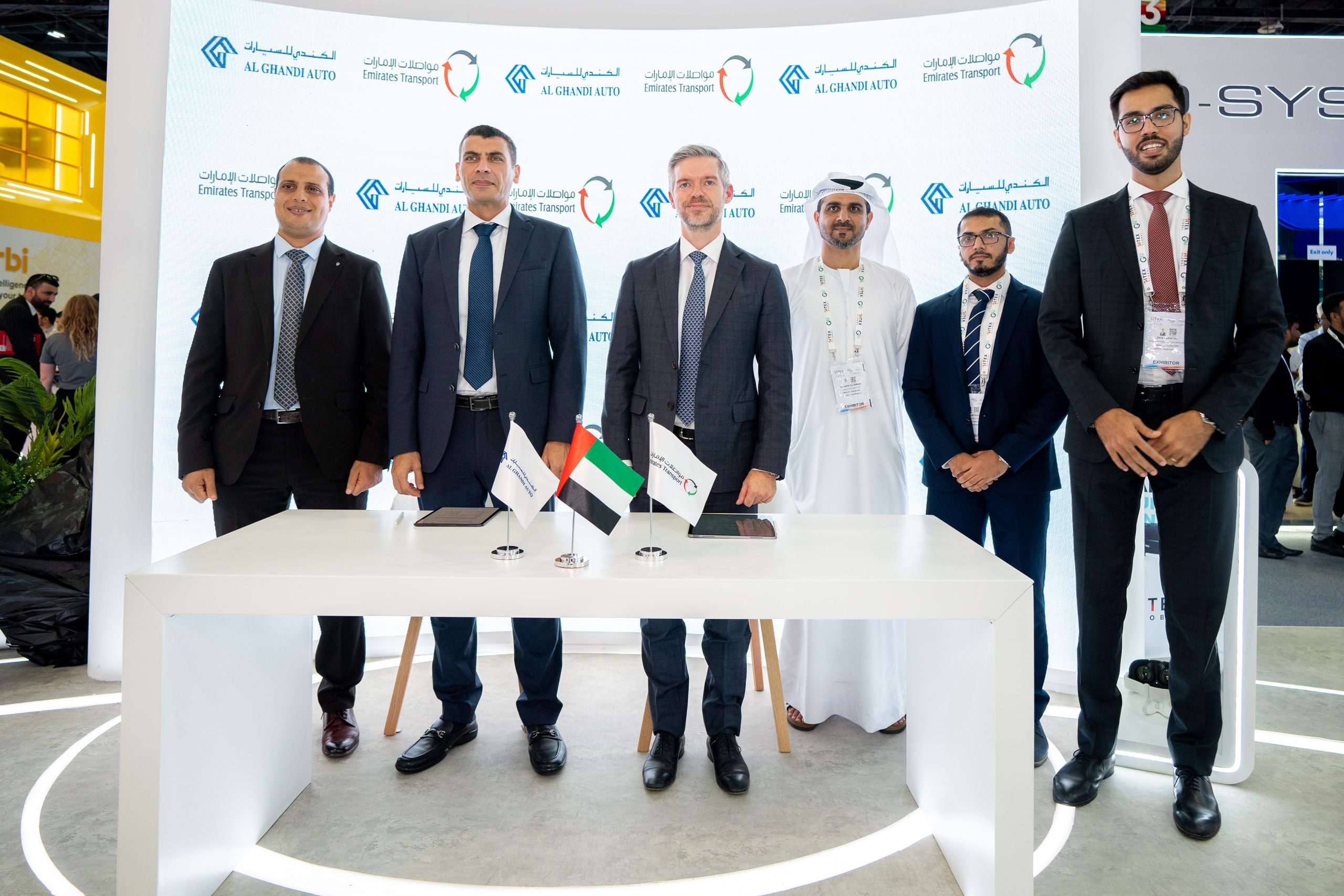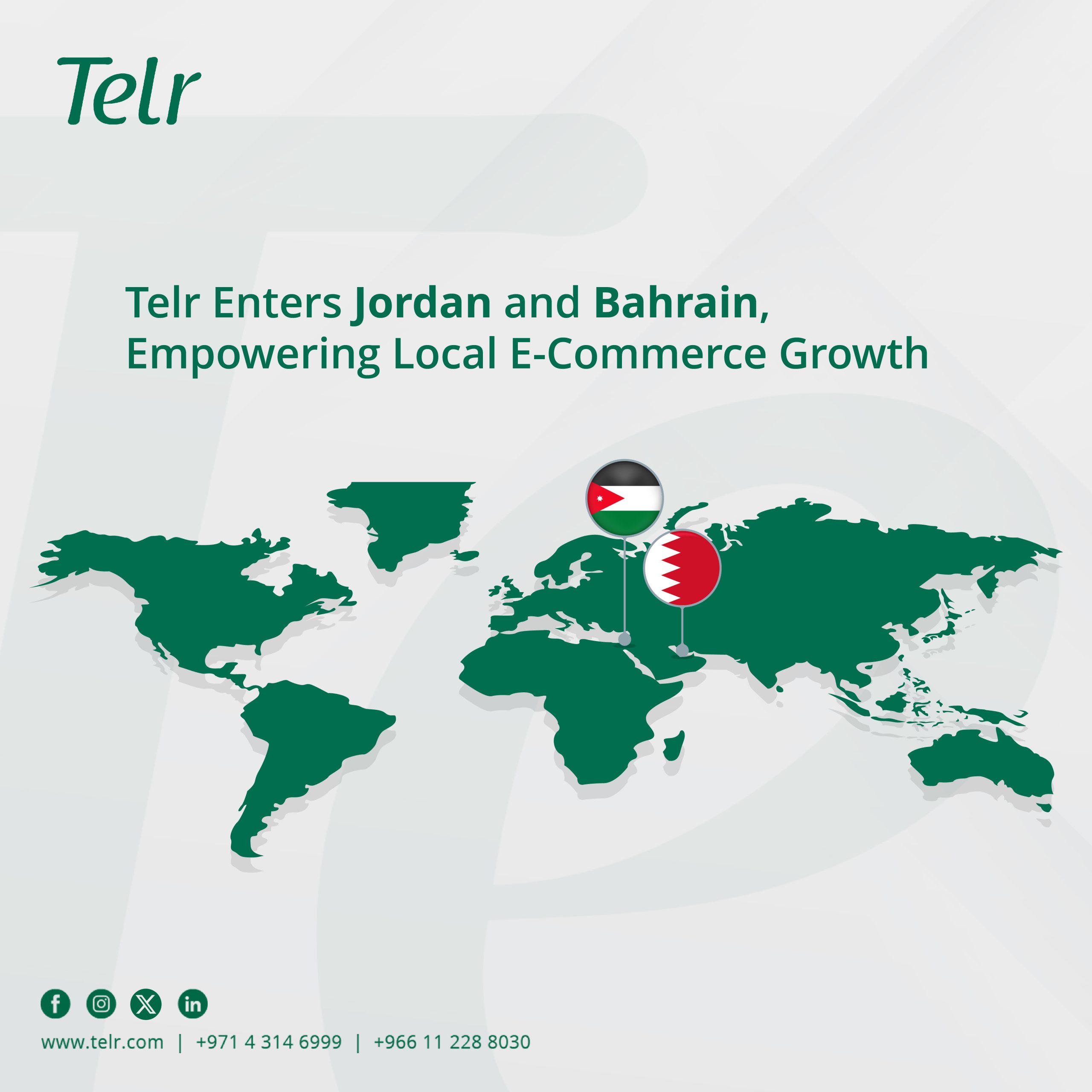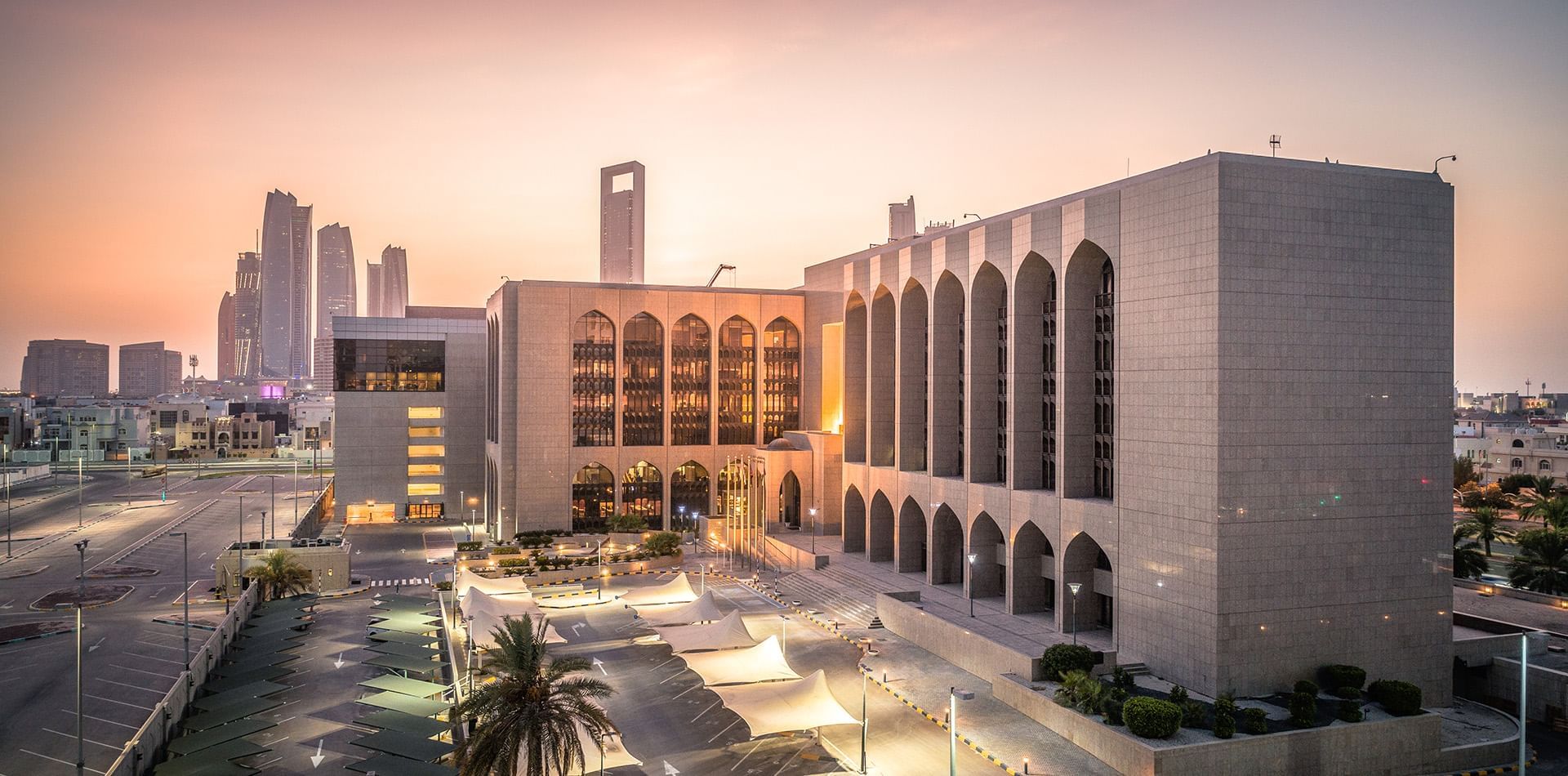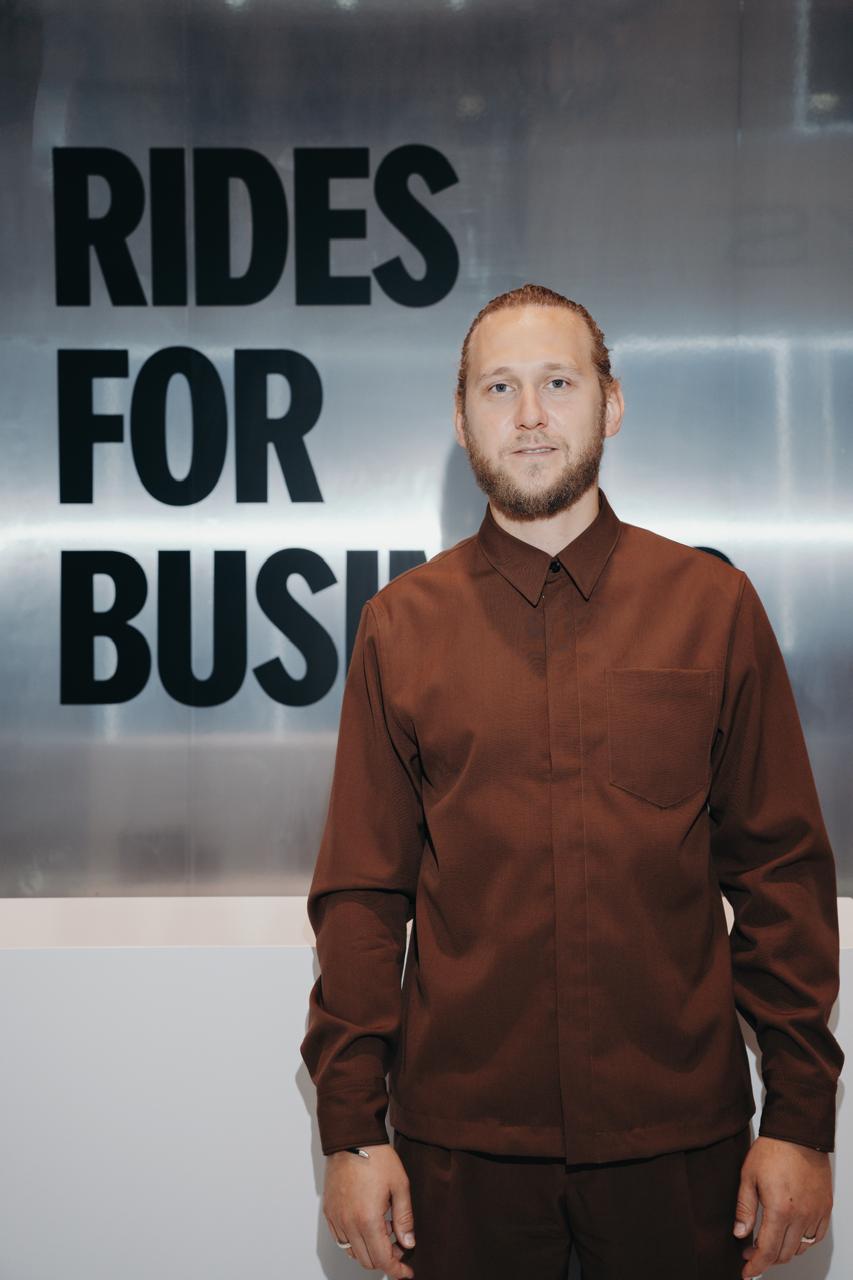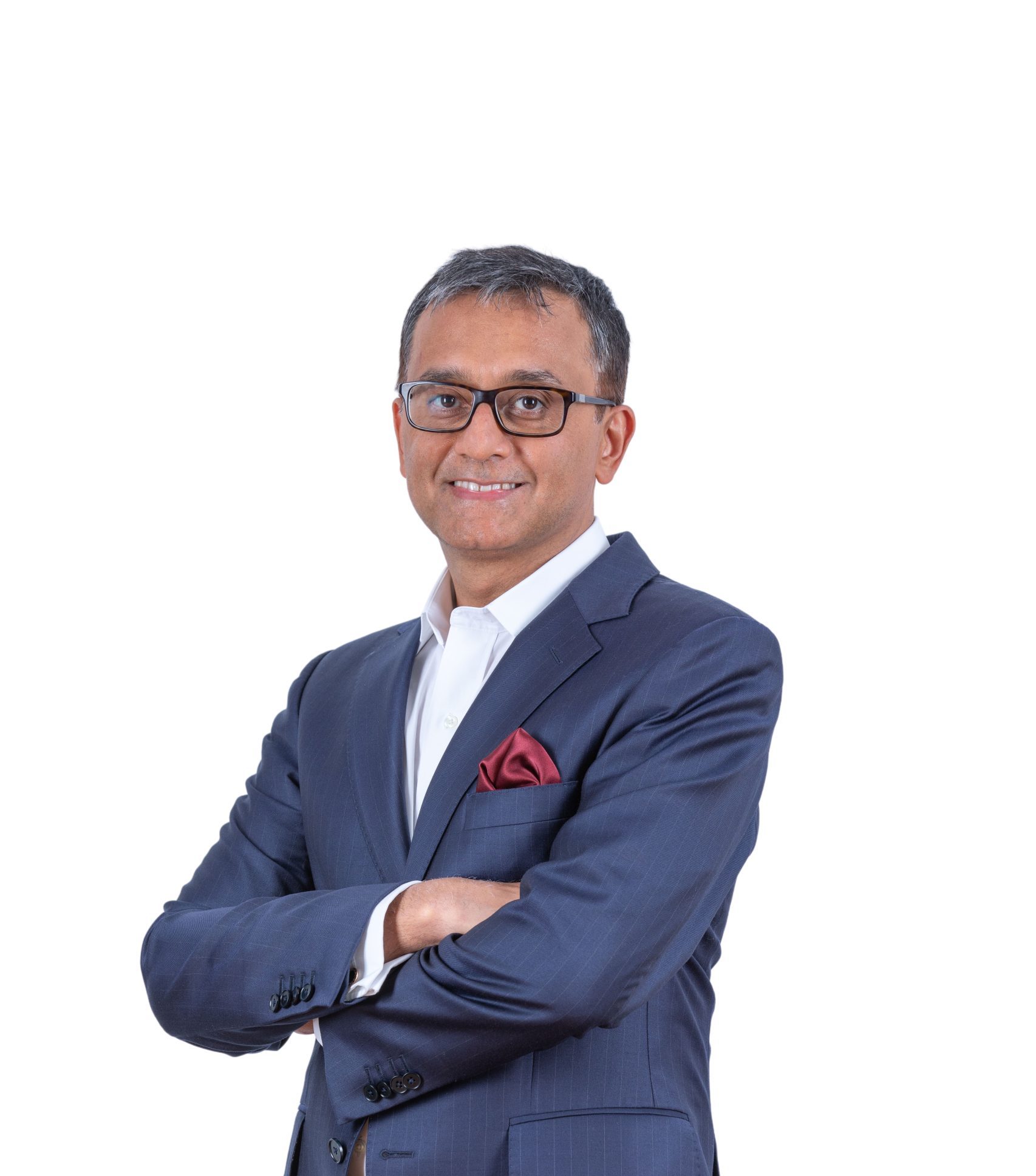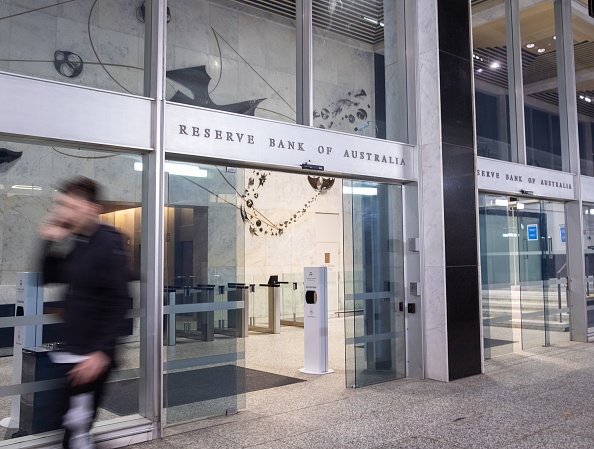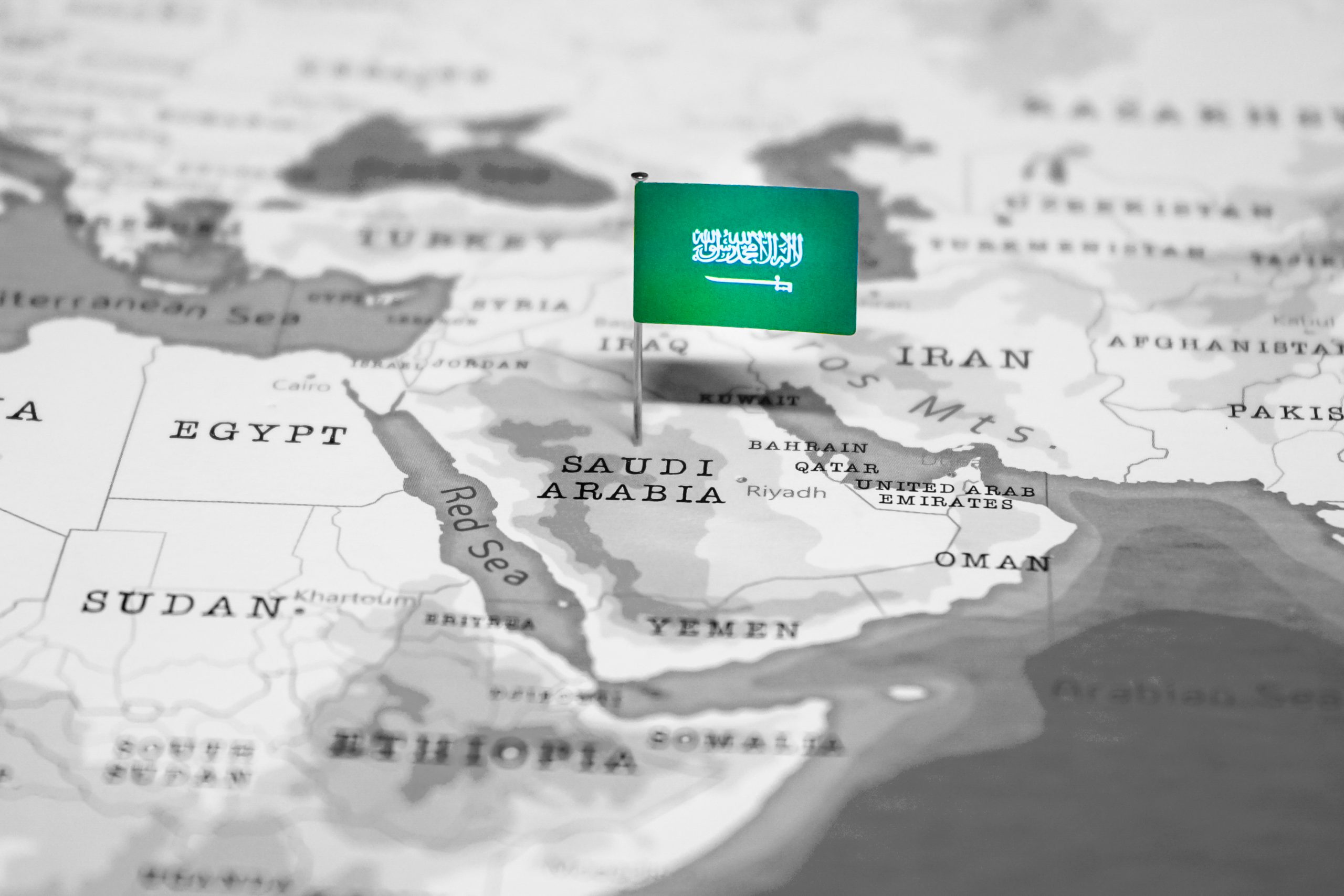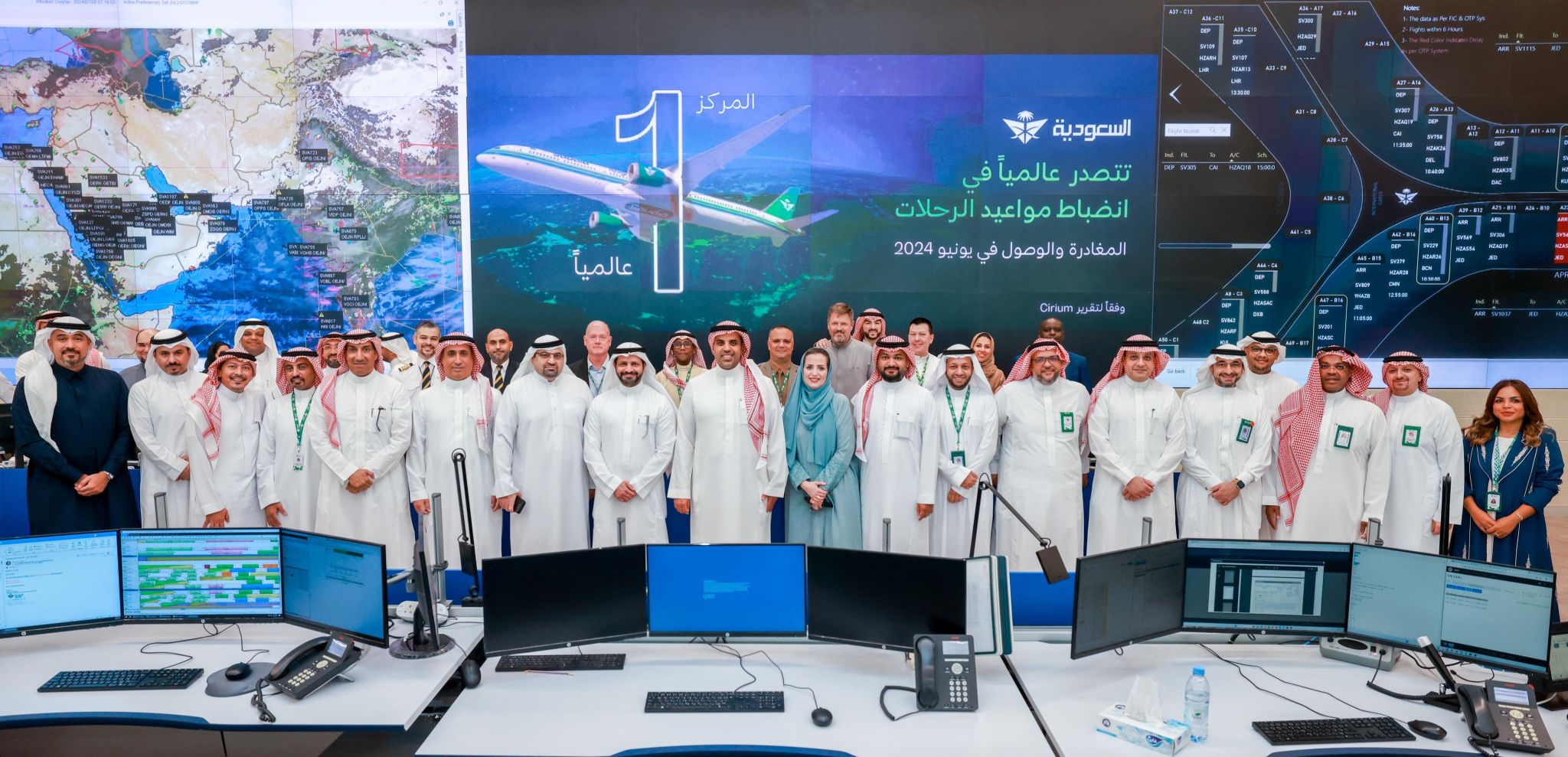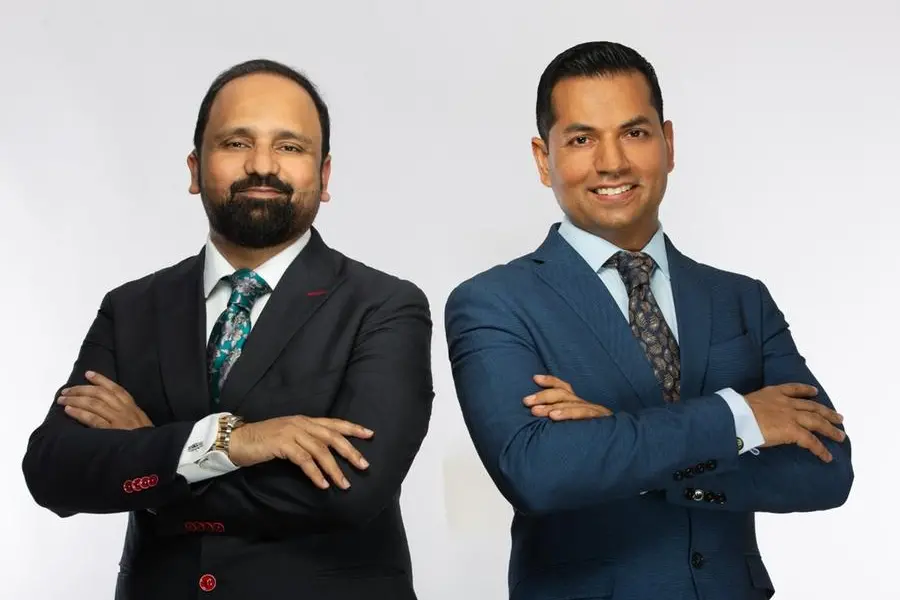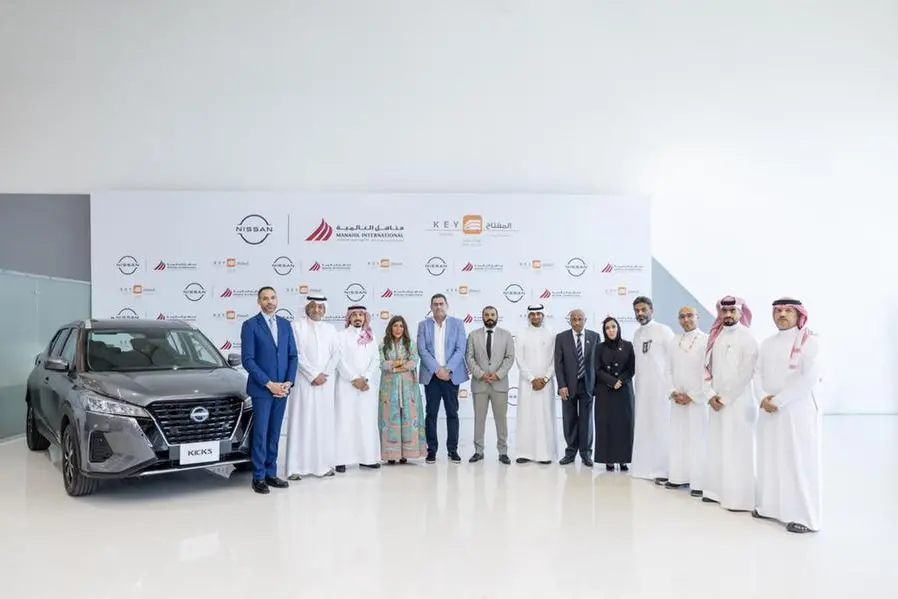Rookie Traders Are Calling It Quits, and Their Families Are Thrilled
Many who picked up investing during the pandemic are cooling on the hobby
Some novices who took up trading during the pandemic are abandoning the hobby. Their loved ones are breathing a sigh of relief.
Spouses, parents and other family members who were subjected to one too many play-by-plays of market movements say they are happy to have their loved ones back—and equally glad they no longer have to hear about buzzy stocks or cryptocurrencies.
The market swooned in 2022, taking the fun out of day trading for many newbies. The S&P 500, after surging during the pandemic, just wrapped up its worst year since 2008. Bitcoin lost about 65% of its value throughout the year.
Some amateur traders’ families now face the disappearance of the life-changing sums of money they held in their portfolios at the height of the run-up. The stakes are lower for those who put a modest amount into meme stocks or crypto for fun.
Alan Garcia started trading on Webull Financial LLC early in the pandemic, when his work as a musician dried up. Soon, Mr. Garcia was parked at his desk each day from 8:30 a.m. to 3 p.m. to manage his portfolio of about $2,000. He bet heavily on companies like ElectraMeccanica Vehicles Corp., which makes an electric car seating a single person; ticker symbol, SOLO.
The obsession didn’t end when he sat down in the living room with his wife, Adriana Rodriguez, each evening. For about two years, he talked about investing. Mr. Garcia, a 34-year-old Houston resident, even started watching investing videos in bed at night.
“He was here,” Ms. Rodriguez said, “but he wasn’t here.”
In early 2022, Mr. Garcia lost everything in his portfolio on a bad options bet, leaving him in a foul mood. But the next morning, he felt relieved. After Ms. Rodriguez, a lawyer, left for the office, he worked on his music all day instead of checking the market. He hasn’t traded on the app since.
Ms. Rodriguez is thrilled. Mr. Garcia agrees it is for the best—mostly, anyway. “We’ve never been this good in our lives,” he said. “One day I’ll get that $2,000 back though.”
Trading exploded into the mainstream during the pandemic, when many Americans were stuck at home, flush with stimulus checks and eager to pass the time. New apps made it cheap and easy for newbies to trade from the comfort of their cellphone, and many found a sense of community on investing forums online. In 2021, rookie traders fuelled a run-up in meme stocks that put hedge funds on their heels.
Individual investors are broadly staying invested in stocks, unlike previous downturns when many dumped their holdings. But lots of one-time day traders are finding they are now content to buy and hold rather than try to time their investments. Average daily trading volume is down markedly at major brokerage firms that cater to retail customers.
Vince Major took a job in 2021 as head of marketing at a cryptocurrency wallet company, and soon he was subjecting his mother, Vikki Major, to his thoughts on various cryptocurrency projects and how the sector could revolutionise the financial system.
His mother found it unbearable. Mrs. Major, who is 66 and a juvenile probation officer in Phoenix, told her son to knock it off. That inspired him to give a presentation at an October industry conference titled “My Mother Hates Your Project (and Mine!).”
A duly chastened Mr. Major has cut back the crypto talk on morning FaceTime calls with his mother. After trying to speak about crypto in a more understandable way, he even convinced his mom to buy ether and leave it in a virtual wallet using his company’s app.
Mrs. Major’s ether is down about 40% since she bought it in summer 2021, and it is now worth about $14,000 total. Mr. Major, who is 36 and lives in Los Angeles, said the value of his crypto holdings is up overall because he started buying in 2015 when prices were much lower.
Mrs. Major figures her son knows what he is talking about—even if it was in an annoying way at first. “He’s very intelligent,” she said.
Marvin Lahoud went all in on investing when the pandemic hit, spending up to 10 hours a day trading. Mr. Lahoud, who works at a Boston construction-management company and moved to the U.S. from Lebanon in 2017, started wearing an earpiece to listen to CNBC while doing chores.
His wife, Suzie Lahoud, tried to embrace the investing subculture, too, though she thought his interest might peter out as it had for previous obsessions like photography and videogames. The couple sang their daughter a song about investing as a lullaby.
“It’s always nice to see him get excited about something,” said Ms. Lahoud, a doctoral student. “But there were times I would get a little frustrated just because it was taking up so much of his time and mental space.”
In February 2021, Ms. Lahoud told her husband she was pregnant with their second child. His Robinhood Markets Inc. portfolio had just reached nearly $1 million. He posted to Reddit a screenshot of his account and his family’s news. “I’m on track to retire early and spend time with my kids,” he said, earning 2,000 comments. He was rich—on paper at least.
By early 2022, Mr. Lahoud’s investments started dropping and he faced a massive tax bill from gains he had taken in 2021. Mr. Lahoud gave up trading.
Without investing to keep him occupied, Mr. Lahoud said he felt depressed for the first time in his life. He threw himself into a new endeavour: researching the year 536 AD, which a Harvard professor dubbed the worst in history. That year, a volcanic eruption plunged swaths of the world into darkness, causing widespread famine. Reading about it made him feel better.
“My troubles are so small,” Mr. Lahoud said, “and life is too short.”
 Copyright 2020, Dow Jones & Company, Inc. All Rights Reserved Worldwide. LEARN MORE
Copyright 2020, Dow Jones & Company, Inc. All Rights Reserved Worldwide. LEARN MORE
Chris Dixon, a partner who led the charge, says he has a ‘very long-term horizon’
Americans now think they need at least $1.25 million for retirement, a 20% increase from a year ago, according to a survey by Northwestern Mutual
UAE is setting a new standard for gender equality in the Middle East, positioning itself as a regional leader in female empowerment.
Recent findings from a joint study by The Consultants MEA and Kūdi has highlighted the UAE as a beacon for women in business leadership across the Middle East. The study, which surveyed around 400 female leaders across countries like Morocco, Egypt, Jordan, Saudi Arabia, and the UAE, shows the UAE’s pioneering role in empowering women in business, particularly through initiatives that foster female entrepreneurship and leadership.
Nearly half of all start-ups in the UAE are founded or co-led by women, especially in technology and innovation sectors, demonstrating the country’s success in creating an inclusive business landscape. While other GCC nations, such as Oman, are making strides in supporting women, the UAE stands out for its comprehensive policies that elevate women in leadership roles, contributing to its growing reputation as a key player in regional economic development.

Challenges Across Industries
Despite the progress, inequalities remain. The study revealed that while women are increasingly present in manufacturing and technology, they are underrepresented in sectors like banking, consumer goods, retail, and government.
Globally, Nielsen predicts that by 2028, women will control 75% of discretionary spending, making their role in shaping economic trends more critical than ever. However, certain sectors, like advertising, still show a gender imbalance, with only 35% of creative directors in the U.S. being women, reflecting broader international challenges.
Prominent female leaders in the Middle East are addressing these challenges with optimism. Marise Assaf, CEO of Kūdi, emphasized the importance of women in leadership, saying “Empowering women in leadership is essential for fostering innovation and driving sustainable growth in our organizations. Time and again, crises have revealed women as the most empathetic and influential leaders. It’s imperative we translate this reality to the business world, championing women’s advancement. The path ahead is long, but the potential for transformative leadership is immense.”
One persistent challenge highlighted in the study is the gender pay gap. Despite evidence that companies with more women in leadership tend to perform better, women in senior positions still earn significantly less than their male counterparts. This gap reflects broader issues around gender bias and stereotypes, which continue to affect opportunities for career advancement and salary parity.
Commitment to Inclusivity
The study also revealed that 87% of the women leaders surveyed are taking proactive steps to create more inclusive environments within their organizations. This reflects a regional commitment to promoting gender equality in the workplace. In the UAE, this is particularly evident, where women hold 17% of board positions and lead 50% of tech start-ups.
However, reintegration after maternity leave remains a key challenge, with many women struggling to balance family responsibilities with professional demands. This barrier highlights the need for better policies that support working mothers and promote a more flexible work environment.
Najla Al Jamali, CEO of Alternative Energy at OQ, said, “Workplaces need to adapt; there are two competing needs for women: the career and the biological clock. A successful workplace can navigate both, ensuring that one does not sacrifice the other.”
The Future of Women’s Leadership
The findings from this study highlight the increasing influence of women in business leadership, with the UAE standing out as a hub for female empowerment. Other GCC countries are gradually following the UAE’s lead, implementing policies and initiatives designed to create more inclusive business environments for women.
Although significant progress has been made, there is still much work ahead. The rising number of women in leadership, particularly in technology and entrepreneurship, is a promising sign that the region is moving toward greater gender equality. However, challenges such as pay disparities, gender biases, and the difficulties women face when re-entering the workforce after maternity leave must be addressed. Overcoming these barriers will require more than just policy changes—it calls for a broader cultural shift in how workplaces support and value female talent.
The impact of women’s leadership extends far beyond economic gains. Empowered female leaders help create organizational cultures that prioritize empathy, sustainability, work-life balance, diversity, and inclusion. Their leadership nurtures environments where innovation flourishes, and crises are handled with resilience and compassion, further reinforcing the transformative potential of women in leadership roles.
Chris Dixon, a partner who led the charge, says he has a ‘very long-term horizon’
Americans now think they need at least $1.25 million for retirement, a 20% increase from a year ago, according to a survey by Northwestern Mutual
Kim’s expertise to drive the global success of MultiBank.io’s cryptocurrency exchange
MultiBank.io, the cryptocurrency exchange arm of MultiBank Group, the world’s largest financial derivatives institution headquartered in Dubai, appointed Ryan Kim as CEO of MultiBank.io. Kim will oversee the global expansion of the exchange, focusing on scaling its derivatives-driven operations.
A former Wall Street FX options trader with substantial experience at institutions, such as Goldman Sachs and JP Morgan, Kim also led the development of Falcon X’s derivatives trading division contributing to the firm’s substantial trading volumes.
MultiBank Group was established in California, USA, in 2005. It boasts a daily trading volume of over $15.6 billion and over $3 trillion per year which provides services to over 1,000,000 customers. MultiBank Group is one of the most regulated financial derivatives institutions in the world with over 15 regulators on 5 continents with an unblemished record with all its regulators since 2005. MultiBank Group has evolved into the largest online financial derivatives provider worldwide, offering brokerage services, asset management and cutting-edge trading technology. The group offers award-winning trading platforms, with leverage up to 500:1 on products including Forex, Metals, Shares, Commodities, Indices and Digital Assets.
Naser Taher, Founder and Chairman of MultiBank Group, said: “We are happy to welcome Ryan Kim to lead MultiBank.io during this pivotal time in the evolution of the crypto industry. His expertise, combined with his strategic vision, aligns perfectly with our goal to provide secure and transparent regulated exchanges, advanced blockchain technologies and innovative trading ecosystems empowering our global client base. I am confident that MultiBank.io will continue to grow as the most trusted platform in the crypto industry, further enhancing our position as a global leader in financial services.”
In his comments, Ryan Kim said: “Having a very strong connection to regulators in multiple jurisdictions around the world is a huge advantage for MultiBank Group. It undoubtedly shows a reputable and trusted brand, which is so important in the crypto industry where we’ve repeatedly seen a breach of trust. I am thrilled to lead Multibank.io and provide access to trusted trading solutions as we follow the Group’s stringent regulatory practices. MultiBank Group’s advanced technology, global presence and regulatory expertise set it apart from competitors, and I view this as a significant advantage for Multibank.io.”
Chris Dixon, a partner who led the charge, says he has a ‘very long-term horizon’
Interior designer Thomas Hamel on where it goes wrong in so many homes.
Reinforcing partnerships with UAE businesses for growth
Alibaba.com hosted a talk in Dubai mid-October, where they shared global cross border B2B e-commerce trends with key UAE officials. In attendance was the Director of the Sharjah Export Development Center, Ali Abdulla Al Jari, who expressed his appreciation for the ongoing cooperation with Alibaba.com, who help UAE-made products expand their reach in global markets.
As a key hub for international trade, Dubai plays a crucial role in Alibaba.com’s strategy. Alibaba.com commits to leverage its advanced technologies and extensive network to support the growth of local businesses and drive economic development in the region.
Founded in 1999, Alibaba.com has grown to become the leading e-commerce platform for connecting buyers and sellers across the world. With over 26 million active buyers and suppliers from 190 countries and markets, Alibaba.com has consistently innovated to meet the evolving demands of its users, driving the digital transformation of global trade.

Over the past year, Alibaba.com has achieved remarkable success in the Middle East, and particularly in the UAE. The e-commerce platform has successfully partnered with numerous local businesses, facilitating billions of dollars in export of different industries including food and beverage, beauty & personal care and construction material.
Alibaba.com continues to lead the way in e-commerce innovation with its cutting-edge AI technology. AI Smart Assistant is their proprietary AI-powered operations tool that helps suppliers with product optimization such as smart quote & reply to attract more customers.
Looking ahead, Alibaba.com plans to further expand its presence in the Middle East by entering new markets and industries. “Alibaba.com will focus on strengthening local partnerships and collaborations, investing in technology and infrastructure, and supporting the growth of small to medium-sized enterprises (SMEs)” said Kris Zou, Head of Strategy and Global Potential Countries, Alibaba.com.

Chris Dixon, a partner who led the charge, says he has a ‘very long-term horizon’
Following the devastation of recent flooding, experts are urging government intervention to drive the cessation of building in areas at risk.
Businesses in Jordan and Bahrain can seamlessly accept online payments, streamline transactions, and expand their customer base locally and globally.
Telr announced its expansion into Jordan and Bahrain. This strategic move reflects Telr‘s unwavering commitment to driving digital transformation and supporting the growing e-commerce ecosystems in the MENA region.
With Telr’s comprehensive payment solutions, businesses in Jordan and Bahrain can now seamlessly accept online payments, streamline transactions, and expand their customer base locally and globally. This expansion strengthens Telr’s role as a key player in the region’s digital commerce, underscoring Telr‘s dedication to supporting and empowering local businesses to thrive in today’s rapidly evolving marketplace.
Jordan and Bahrain are vital players in the MENA region’s digital economy, driven by high internet penetration and increasing reliance on e-commerce. Jordan’s entrepreneurial spirit and Bahrain’s tech-savvy population make both markets ideal for Telr’s advanced payment solutions, enabling businesses to scale rapidly, compete globally, and succeed with secure, flexible payment platforms.
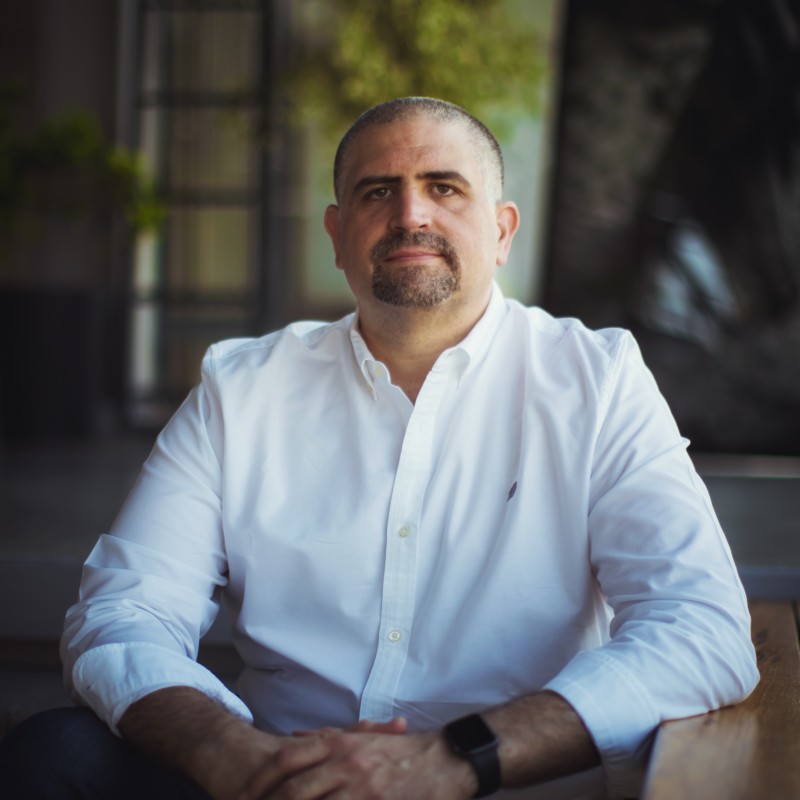
Khalil Alami, Founder and CEO of Telr, said, “We are thrilled to bring Telr’s innovative payment solutions to Jordan and Bahrain. Both markets are key to the MENA region’s digital economy, and we’re excited to empower local businesses with the tools needed to thrive. Whether through enhanced security, customizable solutions, or diverse payment options, we are confident that Telr will drive business growth and success in these countries and the region.”
Alami added, “As Telr continues its expansion, businesses across Jordan and Bahrain will benefit from our all-in-one platform, designed to meet the demands of the modern digital economy. We look forward to contributing to these two important markets’ economic growth and digital transformation.”
From its headquarters in Dubai, Telr provides a secure, robust payment gateway tailored to the MENA region, supporting over 120 currencies and 30 languages for seamless cross-border transactions for businesses of all sizes. Telr’s proprietary technology grants businesses access to various local and global payment methods. Beyond payment processing, Telr offers value-added services like social commerce tools, including payment links and QR codes, digital invoicing, recurring payments, and Buy Now Pay Later (BNPL) solutions. As a leader in the region’s digital transformation, Telr sets benchmarks for security—achieving PCI DSS Level 1 and NESA certifications—while driving innovation and convenience in the fast-evolving e-commerce landscape.
Chris Dixon, a partner who led the charge, says he has a ‘very long-term horizon’
In partnership with the Abu Dhabi Sports Council
Al Fardan Exchange is delighted to announce its partnership with the Abu Dhabi Sports Council and the NBE Egyptian Super Cup 2024, serving as the event’s official remittance partner. This collaboration underscores Al Fardan Exchange’s dedication to connecting communities and fostering the love for football across the region.
The Egyptian Super Cup, hosted by the Abu Dhabi Sports Council, is one of the most highly anticipated football events for the Egyptian community, set to take place in Abu Dhabi this year. Bringing fans and families together to celebrate their shared passion, the tournament symbolizes unity through sport. As the Official Remittance Partner, Al Fardan Exchange will help enhance the experience for football enthusiasts in the country.
Hasan Fardan Al Fardan, CEO of Al Fardan Exchange, commented on the partnership, “Football is a universal language that brings people closer, and we are thrilled to partner with the Egyptian Super Cup 2024. This event is a celebration of passion, teamwork, and community spirit—values that we at Al Fardan Exchange deeply resonate with. Beyond providing financial services, we are committed to creating memorable experiences for our customers, and this partnership reflects that goal.”
Talal Al Hashemi, Executive Director of Events Sector at Abu Dhabi Sports Council, said, “We are honored to count on Al Fardan Exchange as the Official Remittance Partner in our hosting of this year’s edition of the NBE Egyptian Super Cup. Al Fardan Exchange is a long-standing establishment that has earned the trust and devotion of its vast network of happy customers and associates through their values of hard work and dedication to the community. Our partnership is yet another marker of our blueprint to success in organizing this tournament and further indication of Abu Dhabi’s value as a global sports hub.”
Al Fardan Exchange has launched an exciting promotion for its customers to celebrate this partnership. Until 23 October, anyone sending money to Egypt through any Al Fardan Exchange branch or via the AlfaPay app will be entered into a draw to win tickets to the NBE Egyptian Super Cup final. In total, 241 lucky winners will get the chance to experience the final game live, making this football season truly special.
As part of the celebration, the NBE Egyptian Super Cup Trophy Tour took place at select Al Fardan Exchange branches, offering fans and local communities the opportunity to get up close with the prestigious trophy and share in the excitement leading up to the event.
Chris Dixon, a partner who led the charge, says he has a ‘very long-term horizon’
New capabilities help customers proactively reduce the risk of sensitive data exposure and exfiltration, accelerating secure adoption of Microsoft 365 Copilot.
As organizations and their volume of Microsoft 365 data grow, protecting sensitive data and managing access has become even more important. The need for strong security and governance practices is only intensified as more organizations leverage powerful AI tools like Microsoft 365 Copilot. Today Rubrik, Inc. (NYSE: RBRK) announces Rubrik Data Security Posture Management (DSPM) for Microsoft 365 Copilot to provide greater visibility and control of sensitive data, reduce the risk of exposure, and empower organizations to quickly and securely adopt Copilot.
“Organizations are facing significant pressure when it comes to improving security of their rapidly growing data,” said Mike Tornincasa, Chief Business Officer at Rubrik. “Rubrik DSPM for Microsoft 365 Copilot helps safeguard those business-critical assets, allowing organizations to leverage the power of innovative tools like Copilot while maintaining a strong data security posture and ensuring cyber recovery–all within a comprehensive cyber resilience platform.”
Microsoft 365 Copilot is an AI-powered assistant that generates answers anchored in an organization’s business content to deliver highly relevant and contextual responses. To ensure Copilot surfaces only data which users have permissions to view, it follows the same data access controls already in place in Microsoft 365. Misconfigurations in these controls could lead to the exposure of sensitive data to unauthorized users.
To help mitigate this risk, Rubrik DSPM for Microsoft 365 Copilot is designed to provide the data visibility and control needed to ensure sensitive data is correctly classified, labeled, and segmented – and has the right access permissions. This enables organizations to leverage the power of Copilot while securing sensitive data from the risk of exposure.
Key Benefits of Rubrik DSPM for Microsoft 365 Copilot:
- Prepare your Microsoft 365 environment for secure Copilot adoption: Gain visibility and control of your Microsoft 365 data to help minimize privacy and governance risks, readying your environment for a Copilot rollout with an enhanced security posture.
- Identify high-risk access permissions: Detect sensitive files with public or organization-wide access so you can remediate excessive permissions and prevent the exposure of sensitive data to unauthorized users when leveraging Copilot.
- Ensure accurate data labeling: Identify and remediate missing or inaccurate data sensitivity labels to help prevent unauthorized user access to sensitive data when using Copilot.
“Microsoft is committed to enabling secure and intelligent productivity tools for our customers,” said Tony Surma, CTO, Americas Partners at Microsoft. “The introduction of Rubrik Data Security Posture Management for Microsoft 365 Copilot aligns with our mission by providing robust data visibility and control, enabling organizations to confidently leverage AI-driven capabilities while ensuring their sensitive data remains secure.”
Chris Dixon, a partner who led the charge, says he has a ‘very long-term horizon’
From AI-powered services to autonomous delivery, Yango showcases cutting-edge solutions shaping the future of transportation in the Middle East.
In the dynamic world of urban mobility, Yango has emerged as a leaser, driving innovation to redefine the way people move through cities with cutting-edge solutions and advanced technology.
As the company celebrates its sixth anniversary at GITEX 2024, Yango focused on showcasing cutting-edge technologies that not only align with the event’s themes of AI, IoT, and the Future of Mobility but also pave the way for smarter, more sustainable urban transportation. From AI-powered ride-hailing services to autonomous delivery robots and integrated public transport solutions, Yango’s commitment to leveraging advanced technology has cemented its position at the forefront of the mobility revolution in the Middle East.
This interview with Roman Karlash, CEO Yango Rides, explores Yango’s innovations and strategic response to emerging trends in digital finance and cybersecurity. We also dive into their recent achievements, including strategic partnerships and product launches.
What key innovations or technologies is your company showcasing at GITEX 2024, and how do they align with the broader themes of AI, IoT, or the Future of Mobility being highlighted at the conference?
At GITEX 2024, Yango is proudly celebrating its sixth anniversary by showcasing innovative technologies that highlight its leadership in urban mobility. Among these innovations is the technology driven ride-hailing service, which utilizes advanced algorithms for route optimization and real-time navigation to enhance efficiency and improve customer experience. Additionally, Yango Maps, a comprehensive GPS navigation solution, provides users with detailed routing options for driving, walking, and public transport. The event also features Yasmina, a bilingual AI assistant that seamlessly integrates with smart home systems for climate control and lighting. Moreover, Yango Autonomy’s last-mile delivery robots, capable of operating in any weather, represent a significant advancement in urban logistics. Yango Tech further showcases tech-driven advertising solutions and advanced retail automation technologies, collectively underscoring Yango’s commitment to smarter, more efficient urban transportation solutions that align with the themes of AI and IoT at GITEX.
How has your company adapted its strategy or product offerings in response to the evolving trends such as advancements in Web 3.0, digital finance, or cybersecurity?
Yango has proactively adapted its strategy to align with the latest trends in digital finance and cybersecurity. We focus on enhancing our digital payment systems to provide a seamless user experience. Our Yango Rides for Business platform exemplifies this adaptation, allowing companies to manage employee transportation expenses efficiently. By offering a centralized billing system that eliminates prepayments and simplifies expense tracking, we cater to the growing demand for transparent financial management in the corporate sector.
What unique opportunities do you see for your company at GITEX 2024, and how has your previous participation in this global event contributed to your business growth or product development?
We see GITEX 2024 as a unique opportunity to solidify our position as a leader in urban mobility while engaging with industry leaders, potential partners, and innovative technology providers. With our latest innovations on display, we aim to gather critical insights into emerging trends and customer needs that will inform our future product development.
Past participation in GITEX has significantly contributed to our business growth, leading to strategic partnerships that have expanded our service offerings. For instance, feedback from previous events has driven us to refine our solutions based on market demands.
Why did your company decide to join GITEX 2024, and what are your key objectives for this year’s participation?
The key objectives for this year’s participation include demonstrating the company’s innovative mobility services and other advancements, building partnerships with technology providers and government organizations, and gaining insights into the evolving needs of customers. This engagement will not only reinforce our market leadership but also ensure that we remain responsive to the evolving demands of our users. Ultimately, participating in GITEX serves as a pivotal platform for us to demonstrate our dedication to transforming urban transportation and driving sustainable practices within the industry.
How are you using GITEX as a platform to better understand and address the specific needs of your customers in areas like sustainability, connectivity, and future health technologies?
GITEX serves as a vital platform for gathering insights into customer needs, particularly around sustainability and connectivity. This direct engagement helps us identify specific customer pain points, such as the need for more efficient routing systems that reduce carbon footprints or integrated mobility solutions that enhance accessibility. Understanding these nuances allows us to tailor our offerings to ensure they not only meet customer demands but also align with broader urban sustainability goals.
What opportunities do you see for partnerships or collaborations with other exhibitors, startups, or institutions at GITEX to drive forward industry innovation?
We see significant opportunities for partnerships and collaborations that can drive industry innovation in urban mobility. Engaging with various exhibitors, startups, and institutions allows us to forge strategic alliances that enhance our service offerings.
The Mobility as a Service (MaaS) market in the Middle East and Africa is experiencing remarkable growth, boasting an impressive compound annual growth rate (CAGR) of 31.5%. By 2028, this dynamic market is projected to surpass $65.99 billion, reflecting the increasing demand for innovative mobility solutions in the region.
Our participation at GITEX serves as a vital platform to explore partnerships, ensuring that we remain at the forefront of urban transportation innovation while effectively responding to the evolving needs of our customers.
Outside of the conference, what were your company’s significant achievements in the past year, and what are your key priorities and goals for the upcoming year?
Over the past year, we launched an advanced taxi booking service in partnership with the Integrated Transport Centre “Abu Dhabi Mobility” of the Department of Municipalities and Transport, integrating city taxis into the Yango app. This initiative has enhanced accessibility for residents and tourists, with over 1,500 registered taxis and more than 8,000 trips completed during the trial phase, showcasing the success of public-private collaboration in modernizing transport infrastructure.
We also introduced Yango’s B2B service, “Yango Rides for Business,” allowing companies to efficiently manage employee transportation needs through a single platform, offering customization, cost control, and monthly billing. Additionally, our recent integration of public transport options into the Yango SuperApp provides users with schedules, routes, and travel times, further enhancing urban mobility in Dubai.
Looking ahead, our key priorities include expanding our service offerings and leveraging technological advancements to ensure we remain at the forefront of the urban mobility sector.
Chris Dixon, a partner who led the charge, says he has a ‘very long-term horizon’
The new platform eases business operations and streamlines foreign investment in Saudi Arabia
Saudi Arabia is at a crucial economic crossroads where its Vision 2030 program focuses on economic diversification posing business opportunities across sectors. While the country’s business landscape is being restructured creating new incentives for industries like renewable energy, tourism, entertainment, and sports; the HR component of businesses remains challenging. Ruled by local laws, and regularly updating regulations and HR processes; doing business in the kingdom means a gamut of opportunities with underlying challenges.
Recognizing the gap between Saudi Arabia’s ambitious industrial growth strategy and global companies aiming at seizing these opportunities to set up offices in the region; TASC Outsourcing, a leading HR consultancy in the GCC, has introduced TASC360, a groundbreaking HR platform designed specifically for Saudi. The platform has been specifically designed with three powerful modules: Incorpify, Onboardify, and Governify. By harnessing AI technology, TASC360 streamlines labor-intensive tasks, boosts efficiency, and cuts costs. This solution addresses key HR challenges, including expatriate employee onboarding, government relations (GRO), and company formation.
“Customer service is in our DNA at TASC. We couldn’t sit by and watch our clients struggle with the complexities of HR, GRO, and company incorporation. We knew we had to leverage technology to find a better way, and TASC360 is the outcome. We’re incredibly proud to launch this first-of-its-kind platform, which embodies our dedication to innovation and client success”; added Mahesh Shahdadpuri, Founder of TASC Outsourcing.
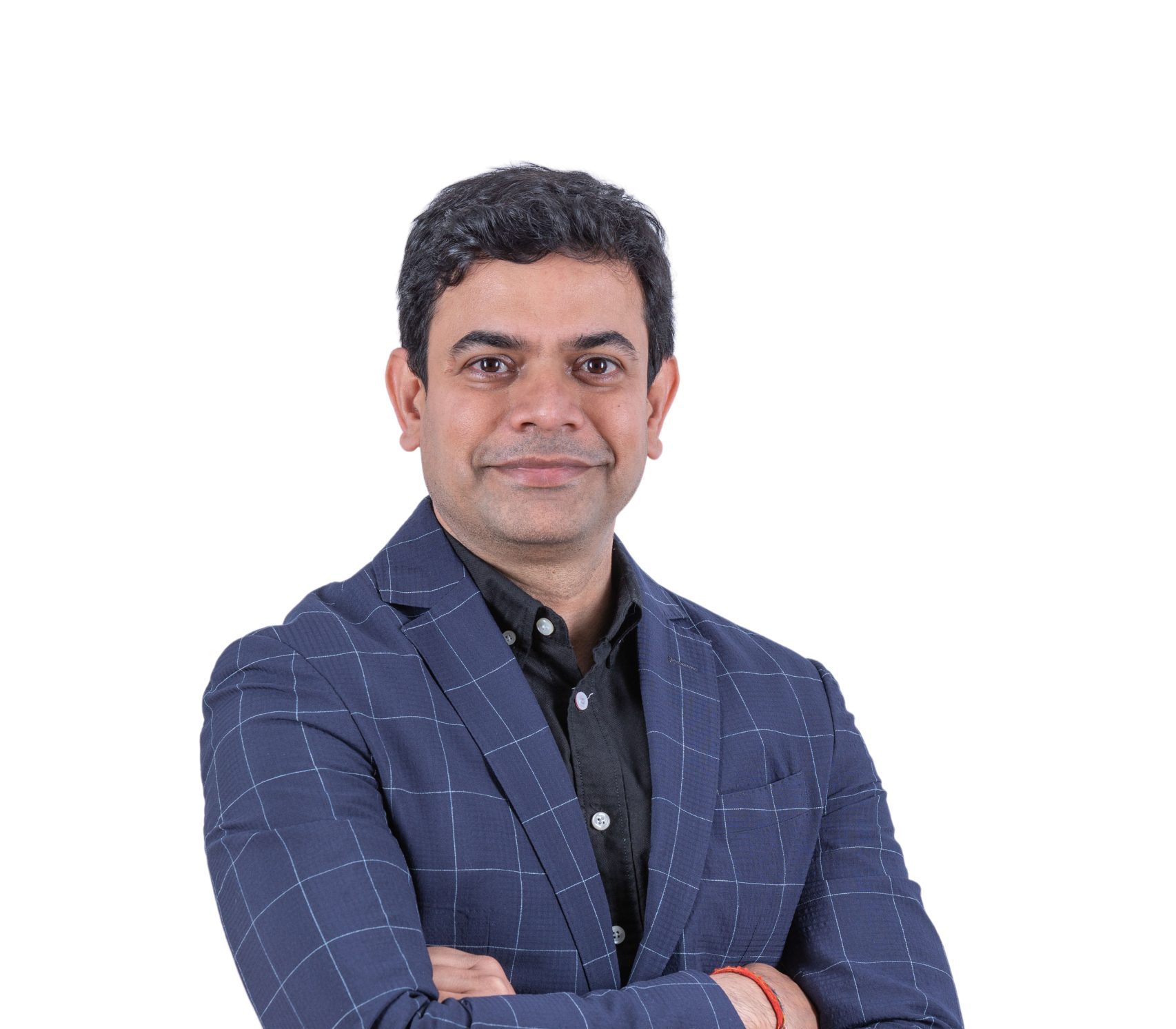
While an array of reforms has improved the ease of doing business in Saudi, including reduced tax burden on foreign investments; businesses face challenges with HR processes. TASC Outsourcing’s 2023 NPS survey of 500 clients—ranging from leading consultancies to large enterprises with over 5,000 employees— revealed that two of the most critical operational issues faced in the GCC are onboarding expatriate employees and managing compliance across various government portals. The onboarding process, taking 30 to 90 days, was highlighted as a significant pain point.
Leading the change through well-researched and tech-advanced solutions, TASC developed the TASC360 platform to help organizations overcome these HR hurdles. The platform is equipped to reduce the time involved in onboarding and enhance the overall experience for HR professionals and new hires. TASC360 will also provide local expertise for many other HR and government processes making it a key enabler of economic growth by helping businesses streamline their entry and expansion in Saudi Arabia.
“TASC360 is a game-changer for businesses in Saudi Arabia. It simplifies complex processes, ensures compliance with local regulations, and empowers companies to focus on what they do best – growth and innovation. This platform is a testament to our commitment to supporting the Kingdom’s Vision 2030 goals and fostering a thriving business environment” said Anil Kumar, Senior Vice President and KSA Country Leader at TASC. “Onboarding that used to take up to 90 days now takes less than 20 days.” By directly addressing prominent issues experienced by organizations across sectors and strengths, TASC360 revolutionizes ways of setting up and growing international businesses in Saudi Arabia.
TASC360’s Innovative Approach
The platform comprises three essential modules designed to streamline various HR and compliance processes:
Incorpify simplifies the often-confusing company incorporation process in Saudi Arabia. The solution provides a step-by-step guide along with expert assistance and automated tools to navigate the legal procedures, document preparation, and interactions with authorities. Incorpify helps businesses avoid costly delays and ensures compliance from the outset, enabling them to launch their ventures with confidence and ease.
Onboardify addresses manual, time-consuming onboarding processes that often lead to inefficiencies, paperwork overload, and a poor new hire experience. By digitizing and automating tasks, Onboardify streamlines the onboarding workflow, significantly reducing errors and saving valuable time for HR teams. As a result, companies can provide new employees with a smoother, more efficient onboarding experience.
Governify gathers 107 services across 15 portals in one platform and unravels the complexities of managing GRO and HR processes in Saudi Arabia. These include crucial tasks like visa applications, renewals, license management, and ensuring compliance with local regulations. Governify offers a centralized platform where businesses can efficiently manage it all through automated workflows and real-time tracking. This reduces delays, ensures compliance, and minimizes the risk of penalties, saving businesses up to 30% in HR and compliance-related costs.
Empowering Businesses for Vision 2030
TASC360’s alignment with Saudi Vision 2030 supports several key pillars of the Kingdom’s ambitious goals, particularly in enhancing the ease of doing business and fostering a robust private sector. Vision 2030 aims to increase the private sector’s contribution to GDP to 65%, while also focusing on boosting foreign direct investment (FDI) to 5.7% of GDP by 2030.
By reducing barriers, TASC360 helps streamline business operations, in line with Vision 2030’s objectives to simplify regulatory processes and improve the efficiency of starting and running businesses. Additionally, Vision 2030 promotes economic diversification, aiming to increase the share of non-oil sectors. TASC360’s focus on efficient business operations contributes to this by enabling businesses in various sectors to expand and innovate, supporting the Kingdom’s overall goal of fostering sustainable growth.
As digital transformation continues to reshape industries, TASC360 offers businesses in the GCC an essential tool to remain agile and competitive. By streamlining HR processes, automating government relations, and simplifying company formation, TASC360 enables businesses to operate with greater efficiency, contributing to the region’s broader economic growth.
One Solution, Many Benefits
TASC360 stands as a major accelerator of digital innovation in HR processes. Automating and streamlining HR functions sets the pace as an essential tool for post-pandemic work culture in the region. TASC Outsourcing team revealed its enhanced capabilities of reducing onboarding time by 50%, 40% reduction in processing time for government-related tasks, and the ability to complete incorporation 3 times faster.
Chris Dixon, a partner who led the charge, says he has a ‘very long-term horizon’
With Dubai ranking as the top hub in the Gulf and second in the broader region
The UAE has established itself as a premier destination for start-ups in the Middle East, thanks to its supportive investment environment, flexible business policies, and forward-looking regulations designed to foster innovation.
International reports frequently recognize the UAE for its leadership in global start-up rankings, a testament to the country’s efforts in creating a conducive environment for entrepreneurial ventures. This focus on innovation has also enhanced the UAE’s performance in global competitiveness indices.
According to recent statistics from Statista, the UAE leads the GCC in start-up activity, with over 5,600 start-ups registered by the second quarter of 2024. The fintech sector is particularly prominent, with more than 550 companies operating across the country, highlighting the UAE’s role as a regional leader in this space.
A report by the global research firm Startup Genome confirms the UAE’s steady rise in global start-up ecosystem rankings, driven by the efforts of emirates such as Abu Dhabi, Dubai, and Sharjah. These emirates have created an attractive and supportive environment for start-ups, particularly in high-growth sectors.
Abu Dhabi has been identified as the fastest-growing start-up ecosystem in the Middle East and North Africa between mid-2021 and the end of 2023, with its start-up ecosystem valued at $4.2 billion. This growth has been supported by substantial funding for early-stage ventures, with $224 million raised during this period, while venture capital investments exceeded $1 billion, largely due to the activities within the city’s global tech ecosystem, Hub71.

In Dubai, the start-up ecosystem continues to thrive, with the city ranking as the top hub in the Gulf and second in the broader region. By the end of 2023, Dubai’s start-up ecosystem was valued at over $23 billion, reflecting its position as a key driver of start-up growth. Dubai’s In5, a subsidiary of the TECOM Group, has played a pivotal role, supporting 1,000 start-ups and facilitating AED7.8 billion in funding since its inception in 2013.
Sharjah, too, has played an important role in generating business growth, with around 60,000 small, medium, and start-up companies operating across its free and industrial zones. The value of Sharjah’s start-up ecosystem reached $424 million by the end of 2023, with early-stage funding totaling $39 million.
Overall, the UAE continues to foster a dynamic and competitive start-up ecosystem, positioning itself as a leader in the region and an attractive destination for innovation-driven businesses. The country’s commitment to nurturing sustainable growth in its start-up sectors underpins its growing reputation as a global hub for entrepreneurship.
Chris Dixon, a partner who led the charge, says he has a ‘very long-term horizon’
Sarcc will provide quality, modern staff accommodations
The Public Investment Fund (PIF) has announced the establishment of the Smart Accommodation for Residential Complexes Company (SARCC), a new property development and management firm. SARCC will focus on providing housing solutions for staff involved in major construction and development projects across Saudi Arabia, addressing the increasing demand for accommodations in both public and private sectors nationwide
Sarcc will be instrumental in leading the evolution of the accommodation market, through developing and operating complexes for staff in Saudi Arabia. The company will seek opportunities to invest in the sector, in order to strengthen standards for staff housing. Accommodations provided or sourced by sarcc will be designed to meet recognized international standards set by the International Finance Corporation (IFC) – part of the World Bank Group – and the European Bank for Reconstruction and Development (EBRD).
The company will foster the Saudi private sector by enabling long-term investment and partnership along the industry’s value chain, encompassing service providers across multiple sectors including construction, catering, transportation and retail.
Sarcc will contribute to attracting talent and partners to various sectors in Saudi Arabia, including major building and construction projects, by providing modern, quality accommodations with suitable amenities, facilities and services for their workforces.
Khalid Johar, Co-Head of the Local Real Estate Portfolio Department at PIF said: “The staff accommodation market represents a significant opportunity, due to growing demand in the local market. Sarcc will play an important role in meeting the increasing need for accommodation solutions in Saudi Arabia, creating new opportunities for companies in the private sector. As we see the rise in construction projects across the country, PIF is playing a key role in developing and transforming the underlying infrastructure of the nation.”
The announcement will support PIF infrastructure and services linked to construction and real estate projects across Saudi Arabia, including ROSHN Group, Saudi Downtown Company and New Murabba Development Company.
Chris Dixon, a partner who led the charge, says he has a ‘very long-term horizon’
GITEX GLOBAL concludes, reinforcing its status as the world’s largest and most dominant technology event.
GITEX GLOBAL 2024 concluded on Friday, underscoring AI’s pivotal role as a transformative tool that will continue to reshape industries and drive business and economic growth globally.
For the final time this week, 6,500 exhibitors, 1,800 startups, and 1,200 investors, alongside governments from more than 180 countries—marking the highest-ever international participation— gathered in Dubai, along with 200,000 visitors, solidifying the city’s reputation as a premier global hub.
The unparalleled event brought together the most influential names in technology from every corner of the globe, further cementing its position as the world’s largest and most impactful tech gathering.
This 44th edition of GITEX GLOBAL, held under the theme of ‘Global Collaboration to Forge a Future AI Economy’, not only set new benchmarks for innovation and business opportunities but also reinforced the event’s critical role in shaping a technology landscape increasingly defined by AI adoption.
Over the five days, numerous Memorandum of Understanding agreements were announced, with these strategic deals set to accelerate the growth of the global AI market, projected to reach USD $1,339.1 billion by 2030, according to Markets and Markets.
With the inclusion of over 40% new nations – including South Africa, Puerto Rico, Vietnam, alongside Europe’s largest-ever presence – GITEX GLOBAL has paved the way to forge new cross-regional partnerships between leading and emerging tech nations that will accelerate the growth of the AI ecosystem even further.
Each day of the mega event focused on different themes – investment, cybersecurity, data centres, futuristic tech, and AI, reflecting the central pillars of the digital economy.
With the UAE welcoming the global ecosystem, GITEX GLOBAL has enhanced its position of being at the forefront of redefining the world’s digital landscape with many organizations praising the impact of the event and its focus on key trends.
Key Industry Impact and Strategic Outcomes at GITEX GLOBAL 2024
This week, top global players such as Oracle, Dell Technologies, and Microsoft, amongst several others, made significant strides in showcasing their latest innovations in AI, cloud, cybersecurity, edge computing, and other technologies. The event catalyzed these industry giants to forge new partnerships, drive technological advancements, and contribute to the future of the global digital economy.
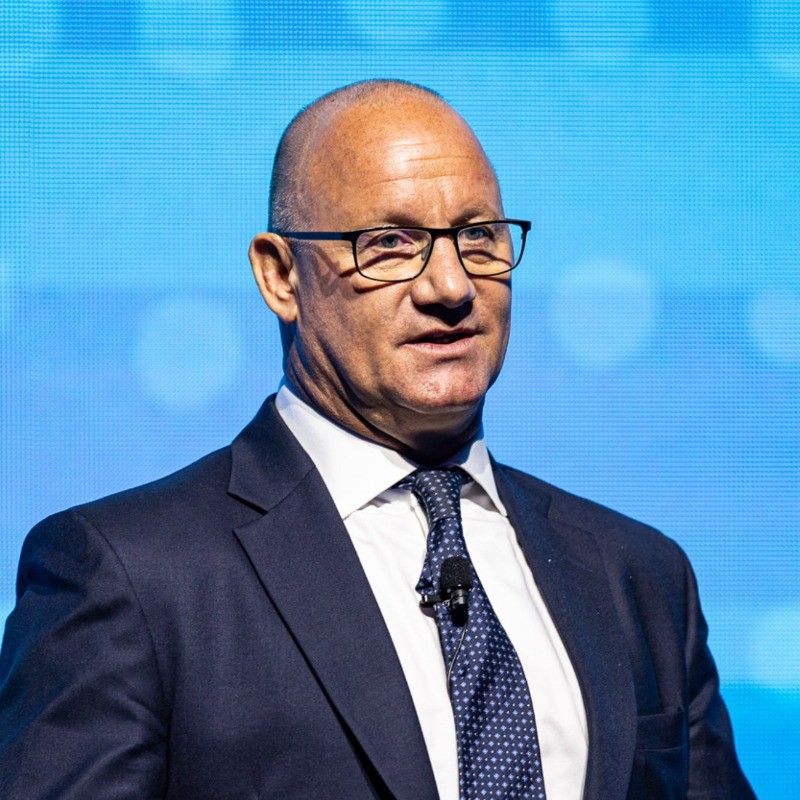
Nick Redshaw, Senior Vice President of Tech Cloud, Middle East and Africa, and UAE Country Leader at Oracle, highlighted the company’s commitment to supporting the UAE’s AI vision and how GITEX GLOBAL 2024 was pivotal for Oracle’s AI and cloud innovations. He said: “At GITEX, we celebrated 35 years of supporting the UAE’s growth ambitions with state-of-the-art local cloud infrastructure, latest cloud technologies, developing top talent, and expanding our local presence. Industry-leading Artificial Intelligence (AI) and multi cloud innovation that is geared to solve complex business challenges in every industry and help accelerate the UAE and wider Middle East’s AI economy was Oracle’s key focus at GITEX GLOBAL 2024.”
At the event, Oracle announced significant collaborations, with the Mohammed Bin Rashid Housing Establishment to accelerate Dubai’s housing strategy using Oracle Cloud Infrastructure, and with Mashreq Bank to support its global expansion. These partnerships highlight how GITEX GLOBAL serves as a premier platform for unveiling strategic innovations and driving digital transformation across the region.

Dell Technologies was another tech giant to have a presence and reap the benefits of participating at GITEX GLOBAL. Mohammed Amin, Senior Vice President, CEEMETA, Dell Technologies, said: “Over the last four decades, GITEX GLOBAL has been a catalyst for advancing technological innovation across the Middle East region. Dell Technologies has been a part of this growth for more than 30 years and being at GITEX allows us to connect with regional decision-makers and support them in navigating today’s rapidly changing business environment.
“This week, we had many encouraging discussions around the Dell AI Factory offerings. Our conversations with our regional customers revealed a strong commitment to AI. They have a clear vision and a solid strategy and are actively implementing innovative AI solutions to drive their business forward. At Dell, we are at the epicenter of our customers’ AI innovations and take pride in helping them become future forward in their AI journeys.”
Meanwhile, Microsoft capitalized on GITEX GLOBAL to highlight its impactful initiatives to enhance the global digital economy. Naim Yazbeck, General Manager of Microsoft UAE, stated: “We are proud to have shared the results of our latest Cloud Dividend Snapshot report for the UAE, which underscores the critical role our globally trusted cloud ecosystem plays in driving economic growth and job creation across the nation. Additionally, our announcement of the AI National Skilling Initiative, launched at the show in partnership with key government departments, demonstrates our commitment to empowering individuals and organizations with the skills needed to thrive in the new AI era. I’m confident we will continue to witness strong business impact from GITEX Global for months to come.”
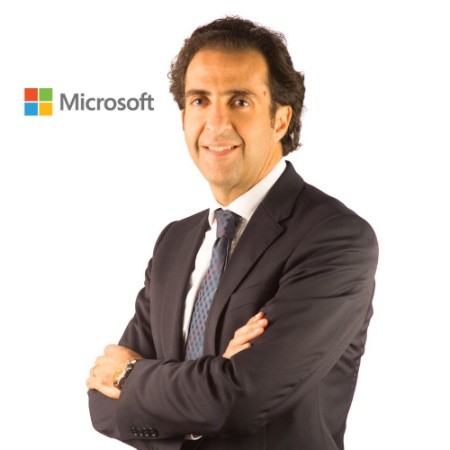
Catalyzing Change Through Strategic Dialogues on Global Digital Transformation
This edition of GITEX GLOBAL served as a strategic platform to address pressing challenges and opportunities of AI, focusing on its application across critical sectors that shape the global digital future.
The event featured the first-ever World Future Economy Digital Leaders Summit and the debut of GITEX Editions, spotlighting innovation, connecting top global unicorns, and fostering dialogue on AI regulation, economic strategies, and digital finance.
Cybersecurity emerged as a key topic, emphasising the need to secure digital infrastructure amid evolving cyber threats. Future mobility took centre stage, showcasing next-generation innovations like autonomous vehicles, electric vertical take-off and landing (eVTOL) aircraft, and AI advancements in the auto-tech industry.
AI’s role in the development of hyperscale, modular, and edge data centers was a significant focus, reflecting the burgeoning demand for scalable solutions and the region’s rise as a hub for AI-powered data infrastructure. GITEX DIGI_HEALTH 5.0 also gathered industry leaders to explore how AI is revolutionizing patient care and reshaping the future of healthcare, highlighting the technology’s transformative potential in delivering improved outcomes.
Other discussions revolved around 5G and intelligent connectivity, EdTech, digital cities, and energy transitions. Together, these conferences showcased critical dialogues shaping the future of digital transformation on a global scale, featuring insights from industry visionaries – such as Jong-Soo Choi, CTO of Samsung Medical Centre in South Korea, Stéphane Ouaki Head of Department at the European Innovation Council (EIC), Dr. Mark Sagar, Co-Founder of Soul Machines from New Zealand, Heman Bekele, TIME’s 2024 Kid of the Year, Valentyn S. Volkov, PhD, co-founder of XPANCEO, and renowned cybersecurity figure, Dr. Diane Janosek, who served legal, policy & executive roles at the National Security Agency, White House & the Pentagon. Additionally, GITEX GLOBAL brought together ethical hacker, Inti De Ceukelaire, and Brett Johnson.
Chris Dixon, a partner who led the charge, says he has a ‘very long-term horizon’
In a significant move to strengthen economic relation, the Saudi Egyptian Business Council has announced several investment projects across key sectors in Egypt.
Bandar Al-Ameri, head of the council, revealed that these agreements will span industries such as renewable energy, real estate development, tourism, technology, and industry. This announcement follows ongoing discussions aimed at further deepening the economic partnership between the two nations.
The news comes after Egyptian Prime Minister Mostafa Madbouly hinted in September that Saudi Arabia was considering a $5 billion investment package in Egypt. This follows earlier comments made by Saudi Investment Minister Khalid Al-Falih in August, where he noted the kingdom’s intent to convert $10 billion in deposits held in Egypt’s Central Bank into long-term investments. This approach mirrors an earlier deal Egypt struck with the United Arab Emirates, which focused on developing Ras El-Hekma, a prime coastal area.
Although the specific details of the new Saudi investments have yet to be fully disclosed, previous discussions have linked Saudi Arabia to a variety of Egyptian projects in sectors such as renewable energy, water desalination, real estate, and tourism. Of particular interest is the potential development of the Red Sea resort of Ras Gamila in South Sinai, a site the Egyptian government has actively promoted to international developers. Another key area is Ras Banas, in southern Egypt, where a Ras El-Hekma-style development deal is reportedly in the works.
These new investments are expected to push Saudi private sector contributions in Egypt to $50 billion, with more than 7,000 Saudi companies operating in Egypt injected investments exceeding $35 billion.
Chris Dixon, a partner who led the charge, says he has a ‘very long-term horizon’
Alexandre de Betak and his wife are focusing on their most personal project yet.
Tesla’s Robotaxi event excites faithful betting on the company’s future in robotics, while underwhelming those watching from afar.
Elon Musk , dressed in a leather jacket in front of adoring fans, looked like an ageing rock star on stage playing one of his greatest hits.
Robot cars are coming.
Those fans at Thursday’s event swooned as they always have as he pushed out timelines for delivering robot cars and showed what those vehicles could look like. But outside the Hollywood-area venue, it wasn’t exactly clear that everyone believed his vision for the future is as near as he says.
Tesla stock fell almost 9% Friday amid investors frustrated with the continued lack of details for how the company is going to make the very complicated transition from maker of cars to maker of robots.
In essence, Thursday night’s much-hyped product reveal became something of a Rorschach test: Supporters, who point to everything Musk has accomplished with electric cars and other industries, heard a glorious future with driverless cars and humanoid robots. Critics—mindful of previous missed goals and maybe peeved by his contentious politics —saw more smoke and mirrors.
“Let’s not get nuanced here,” the chief executive told the crowd as they peppered Musk with questions, a reminder that even among the faithful, time is ticking for him to play some new notes. And to deliver a big hit.
What he did show was cool. A two-seat car with doors that swung upward to open, inspired, in part, by the sci-fi movie “Demolition Man.”
Though as Musk talked about the vehicle, it wasn’t clear he had settled on a formal name. On stage, he called it the “Cybercab,” while the company released details on its website calling it the “Robotaxi.”
Whatever the name, the straight lines of the small car resembled what might be the offspring of the Cybertruck , the pickup the company brought out last year after some delays, and the new Roadster that was first revealed in 2017 and has yet to come to market. Those delays are examples of “ Elon Standard Time ,” or his practice of setting a target only to miss it.
Robot cars are coming.
The Cybercab/Robotaxi reveal also included what Musk says will be Tesla’s autonomous van, an art deco-inspired vehicle that resembled a giant toaster with an interior meant to feel like a spaceship and enough room for 20 passengers.
Like the small car, the van lacked a steering wheel—the sort of doodads currently required under regulations, though exceptions can be granted. The car could begin production “probably” in 2026, Musk said. He didn’t even suggest when the van might come.
The nearest timeline was deploying fully self-driving cars, through the company’s current offerings, next year in Texas and California.
Musk has been predicting driverless cars being just around the corner for several years, including in 2016 when he said Tesla would demonstrate a car driving itself from Los Angeles to New York City in 2017. That didn’t happen.
In 2019, he said he expected his robot taxis would arrive in 2020 . That didn’t happen.
But Tesla has pushed the envelope with its driver-assist system that is essentially a glorified cruise control—adjusting speed, keeping within a lane and other manoeuvres—but can’t technically drive the car itself. Tesla says the person behind the wheel is responsible for everything, though some drivers grow overconfident in its true abilities and act like the car is autonomous.
Musk likes to talk about how Tesla vehicles are collecting valuable real-world data that is used to train its AI systems.
After building Tesla into the world’s leading electric-car company, Musk in recent years has tried to position its future on robotics, saying it is focused on solving self-driving technology. “That’s really the difference between Tesla being worth a lot of money and being worth basically zero,” Musk said in 2022.
Despite that rhetoric, Tesla is behind in deploying cars on roadways without drivers. Alphabet ’s Waymo has deployed fully autonomous vehicles in places such as San Francisco, where paying customers can take its vehicles around the city without anyone sitting behind the wheel.
On Thursday night, Tesla demonstrated 50 vehicles, including the new two-seater, driving autonomously on private property of the Warner Bros. studios where Musk held his party for investors and supporters.
Detractors were quick to pounce.
“After over 10 years of Full Self-Driving development, Tesla is limited to a 20-30 acre geofenced 5mph 1950s Disneyland ride on a preprogrammed, premapped and heavily rehearsed route with no traffic and no pedestrians,” Dan O’Dowd , a critic of Tesla and founder of a rival software company, said in a statement. “Tesla robotaxi is nothing more than the latest work of fiction to come out of the Warner Bros. Studio.”
But Thursday night wasn’t about impressing the O’Dowds of the world. And maybe not even those watching on the livestreams through Musk’s social-media platform X—which counted more than 9 million views by Friday evening.
The real target were the hundreds of attendees at the event who spent the evening riding around in the cars and posting fawning videos of their experiences on social media, in turn, helping the event go even more viral and generating even more attention for the idea that Tesla is paving the way for a robot future.
Robot cars are coming.
Not only did party attendees enjoy rides, but they were entertained by the latest versions of Tesla’s humanoid robots Optimus, which Musk has said could one day add $25 trillion to the company’s market value.
Former Tesla board member Steve Jurvetson posted a video of himself playing rock, paper, scissors with one of the robots. “Optimus just beat me in rock paper scissors!” he tweeted .
Others shared videos of robots pouring drinks and dancing.
“The markets won’t get what happened last night at @tesla ,” Robert Scoble, a blogger and former Microsoft tech evangelist, posted on X. “I couldn’t be more impressed. @elonmusk laid out a bunch for next decade. I have been to a lot of product launches and never have been to one like this.”
Some even compared the evening to when the late Steve Jobs unveiled Apple ’s first iPhone, marking the beginning of a new technology era. It was an idea that Musk was quick to endorse.
“Yes, this marks a fork in the road,” he tweeted afterward.
Robot cars are coming.
Chris Dixon, a partner who led the charge, says he has a ‘very long-term horizon’
Sydney’s prestige market is looking up, here’s three of the best on the market right now.
‘Humourbragging’ can make you seem less conceited when you’re boasting
It is a classic problem for entrepreneurs, job seekers and, well, anyone: If you brag about your accomplishments, you seem more competent—but less likeable.
The solution? Add a dash of playfulness when discussing your talents.
A team of researchers have found that “humourbragging”—referring to your accomplishments through a veil of humour—allows people to play up their skills without coming across as smug or conceited. And that makes them more likely to get hired or get their pitch accepted.
“The self-enhancing humour helps them be seen as confident without sacrificing likability,” says Jieun Pai , an assistant professor at Imperial College London who led the research .
Laughs get results
The researchers used a series of studies to test the impact of what they called humourbragging. In one instance, they sent out two résumés to 345 companies—but one version of the résumé added a dash of self-promotional humour instead of being purely serious: “The more coffee you can provide, the more output I will produce.” The résumés with the joke got an email or a callback by 156 companies, versus 125 for the others.
Another study got similar results when looking at humorous bragging on the first four seasons of “Shark Tank”—people who used humour to highlight their accomplishments were more likely to get funding than others.
In another case, the researchers found that study participants were more likely to hire a pastry chef who used some levity in selling themselves. One candidate described making a soccer-themed cake for a boy’s fifth-birthday party and capped off the story by saying they got the biggest tip the bakery has ever seen. The baker who was the hiring favourite told the same story, including the part about the tip, but ended up by saying, “I am just glad that I only had to make the soccer ball, not actually kick one.”
Pick your jokes wisely
People need to be cautious, though, when using humour to sell themselves, Pai says. Self-deprecating humour without any bragging at all, or humour intended to belittle others in any form, doesn’t have the same positive impact that humorous bragging does, according to the research. “We sometimes use self-deprecating humour, but that backfires and downplays your achievements,” she says. “It doesn’t help you be seen as more competent.”
Chris Dixon, a partner who led the charge, says he has a ‘very long-term horizon’
Subsidised minivans, no income taxes: Countries have rolled out a range of benefits to encourage bigger families, with no luck
Imagine if having children came with more than $150,000 in cheap loans, a subsidised minivan and a lifetime exemption from income taxes.
Would people have more kids? The answer, it seems, is no.
These are among the benefits—along with cheap child care, extra vacation and free fertility treatments—that have been doled out to parents in different parts of Europe, a region at the forefront of the worldwide baby shortage. Europe’s overall population shrank during the pandemic and is on track to contract by about 40 million by 2050, according to United Nations statistics.
Birthrates have been falling across the developed world since the 1960s. But the decline hit Europe harder and faster than demographers expected—a foreshadowing of the sudden drop in the U.S. fertility rate in recent years.
Reversing the decline in birthrates has become a national priority among governments worldwide, including in China and Russia , where Vladimir Putin declared 2024 “the year of the family.” In the U.S., both Kamala Harris and Donald Trump have pledged to rethink the U.S.’s family policies . Harris wants to offer a $6,000 baby bonus. Trump has floated free in vitro fertilisation and tax deductions for parents.
Europe and other demographically challenged economies in Asia such as South Korea and Singapore have been pushing back against the demographic tide with lavish parental benefits for a generation. Yet falling fertility has persisted among nearly all age groups, incomes and education levels. Those who have many children often say they would have them even without the benefits. Those who don’t say the benefits don’t make enough of a difference.
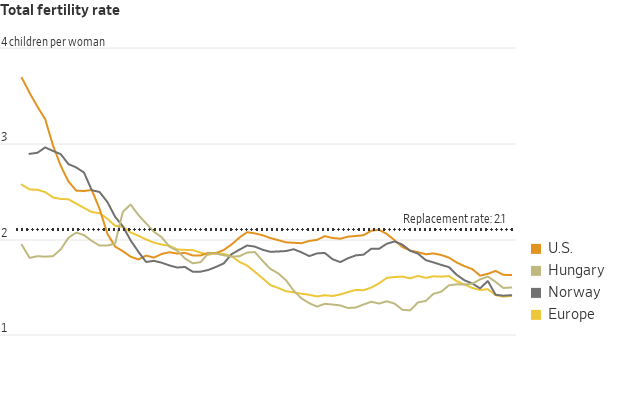
Two European countries devote more resources to families than almost any other nation: Hungary and Norway. Despite their programs, they have fertility rates of 1.5 and 1.4 children for every woman, respectively—far below the replacement rate of 2.1, the level needed to keep the population steady. The U.S. fertility rate is 1.6.
Demographers suggest the reluctance to have kids is a fundamental cultural shift rather than a purely financial one.
“I used to say to myself, I’m too young. I have to finish my bachelor’s degree. I have to find a partner. Then suddenly I woke up and I was 28 years old, married, with a car and a house and a flexible job and there were no more excuses,” said Norwegian Nancy Lystad Herz. “Even though there are now no practical barriers, I realised that I don’t want children.”
The Hungarian model
Both Hungary and Norway spend more than 3% of GDP on their different approaches to promoting families—more than the amount they spend on their militaries, according to the Organization for Economic Cooperation and Development.
Hungary says in recent years its spending on policies for families has exceeded 5% of GDP. The U.S. spends around 1% of GDP on family support through child tax credits and programs aimed at low-income Americans.
Hungary’s subsidised housing loan program has helped almost 250,000 families buy or upgrade their homes, the government says. Orsolya Kocsis, a 28-year-old working in human resources, knows having kids would help her and her husband buy a larger house in Budapest, but it isn’t enough to change her mind about not wanting children.
“If we were to say we’ll have two kids, we could basically buy a new house tomorrow,” she said. “But morally, I would not feel right having brought a life into this world to buy a house.”
Promoting baby-making, known as pro natalism, is a key plank of Prime Minister Viktor Orbán ’s broader populist agenda . Hungary’s biennial Budapest Demographic Summit has become a meeting ground for prominent conservative politicians and thinkers. Former Fox News anchor Tucker Carlson and JD Vance, Trump’s vice president pick, have lauded Orbán’s family policies.
Orbán portrays having children inside what he has called a “traditional” family model as a national duty, as well as an alternative to immigration for growing the population. The benefits for child-rearing in Hungary are mostly reserved for married, heterosexual, middle-class couples. Couples who divorce lose subsidised interest rates and in some cases have to pay back the support.
Hungary’s population, now less than 10 million, has been shrinking since the 1980s. The country is about the size of Indiana.
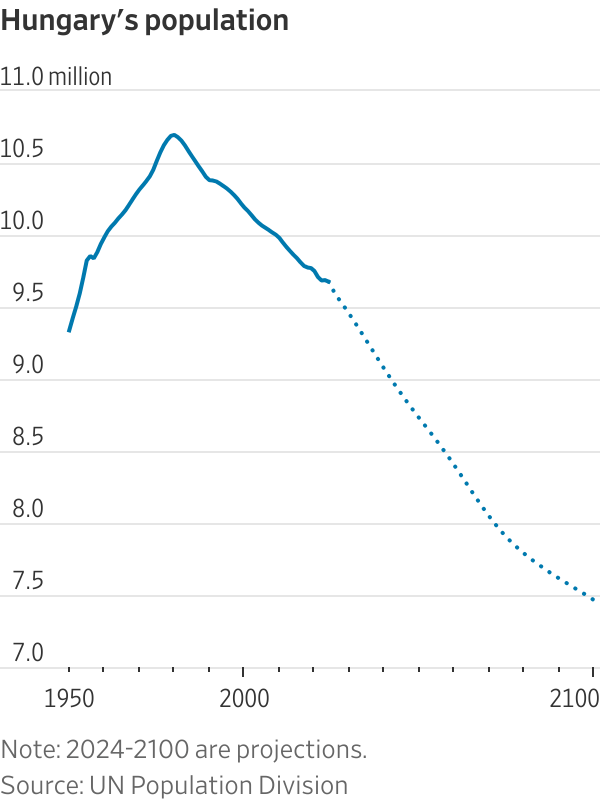
“Because there are so few of us, there’s always this fear that we are disappearing,” said Zsuzsanna Szelényi, program director at the CEU Democracy Institute and author of a book on Orbán.
Hungary’s fertility rate collapsed after the fall of the Soviet Union and by 2010 was down to 1.25 children for every woman. Orbán, a father of five, and his Fidesz party swept back into power that year after being ousted in the early 2000s. He expanded the family support system over the next decade.
Hungary’s fertility rate rose to 1.6 children for every woman in 2021. Ivett Szalma, an associate professor at Corvinus University of Budapest, said that like in many other countries, women in Hungary who had delayed having children after the global financial crisis were finally catching up.
Then progress stalled. Hungary’s fertility rate has fallen for the past two years. Around 51,500 babies have been born there this year through August, a 10% drop compared with the same period last year. Many Hungarian women cite underfunded public health and education systems and difficulties balancing work and family as part of their hesitation to have more children.
Anna Nagy, a 35-year-old former lawyer, had her son in January 2021. She received a loan of about $27,300 that she didn’t have to start paying back until he turned 3. Nagy had left her job before getting pregnant but still received government-funded maternity payments, equal to 70% of her former salary, for the first two years and a smaller amount for a third year.
She used to think she wanted two or three kids, but now only wants one. She is frustrated at the implication that demographic challenges are her responsibility to solve. Economists point to increased immigration and a higher retirement age as other offsets to the financial strains on government budgets from a declining population.
“It’s not our duty as Hungarian women to keep the nation alive,” she said.
Big families
Hungary is especially generous to families who have several children, or who give birth at younger ages. Last year, the government announced it would restrict the loan program used by Nagy to women under 30. Families who pledge to have three or more children can get more than $150,000 in subsidised loans. Other benefits include a lifetime exemption from personal taxes for mothers with four or more kids, and up to seven extra annual vacation days for both parents.
Under another program that’s now expired, nearly 30,000 families used a subsidy to buy a minivan, the government said.
Critics of Hungary’s family policies say the money is wasted on people who would have had large families anyway. The government has also been criticised for excluding groups such as the minority Roma population and poorer Hungarians. Bank accounts, credit histories and a steady employment history are required for many of the incentives.
Orbán’s press office didn’t respond to requests for comment. Tünde Fűrész, head of a government-backed demographic research institute, disagreed that the policies are exclusionary and said the loans were used more heavily in economically depressed areas.

Government programs weren’t a determining factor for Eszter Gerencsér, 37, who said she and her husband always wanted a big family. They have four children, ages 3 to 10.
They received about $62,800 in low-interest loans through government programs and $35,500 in grants. They used the money to buy and renovate a house outside of Budapest. After she had her fourth child, the government forgave $11,000 of the debt. Her family receives a monthly payment of about $40 a month for each child.
Most Hungarian women stay home with their children until they turn 2, after which maternity payments are reduced. Publicly run nurseries are free for large families like hers. Gerencsér worked on and off between her pregnancies and returned full-time to work, in a civil-service job, earlier this year.
She still thinks Hungarian society is stacked against mothers and said she struggled to find a job because employers worried she would have to take lots of time off.
The country’s international reputation as family-friendly is “what you call good marketing,” she said.

Nordic largesse
Norway has been incentivising births for decades with generous parental leave and subsidised child care. New parents in Norway can share nearly a year of fully paid leave, or around 14 months at 80% pay. More than three months are reserved for fathers to encourage more equal caregiving. Mothers are entitled to take at least an hour at work to breast-feed or pump.
The government’s goal has never been explicitly to encourage people to have more children, but instead to make it easier for women to balance careers and children, said Trude Lappegard, a professor who researches demography at the University of Oslo. Norway doesn’t restrict benefits for unmarried parents or same-sex couples.
Its fertility rate of 1.4 children per woman has steadily fallen from nearly 2 in 2009. Unlike Hungary, Norway’s population is still growing for now, due mostly to immigration.
“It is difficult to say why the population is having fewer children,” Kjersti Toppe, the Norwegian Minister of Children and Families, said in an email. She said the government has increased monthly payments for parents and has formed a committee to investigate the baby bust and ways to reverse it.
More women in Norway are childless or have only one kid. The percentage of 45-year-old women with three or more children fell to 27.5% last year from 33% in 2010. Women are also waiting longer to have children—the average age at which women had their first child reached 30.3 last year. The global surge in housing costs and a longer timeline for getting established in careers likely plays a role, researchers say. Older first-time mothers can face obstacles: Women 35 and older are at higher risk of infertility and pregnancy complications.
Gina Ekholt, 39, said the government’s policies have helped offset much of the costs of having a child and allowed her to maintain her career as a senior adviser at the nonprofit Save the Children Norway. She had her daughter at age 34 after a round of state-subsidised IVF that cost about $1,600. She wanted to have more children but can’t because of fertility issues.
She receives a monthly stipend of about $160 a month, almost fully offsetting a $190 monthly nursery fee.
“On the economy side, it hasn’t made a bump. What’s been difficult for me is trying to have another kid,” she said. “The notion that we should have more kids, and you’re very selfish if you have only had one…those are the things that took a toll on me.”
Her friend Ewa Sapieżyńska, a 44-year-old Polish-Norwegian writer and social scientist with one son, has helped her see the upside of the one-child lifestyle. “For me, the decision is not about money. It’s about my life,” she said.
Chris Dixon, a partner who led the charge, says he has a ‘very long-term horizon’
Self-tracking has moved beyond professional athletes and data geeks.





























